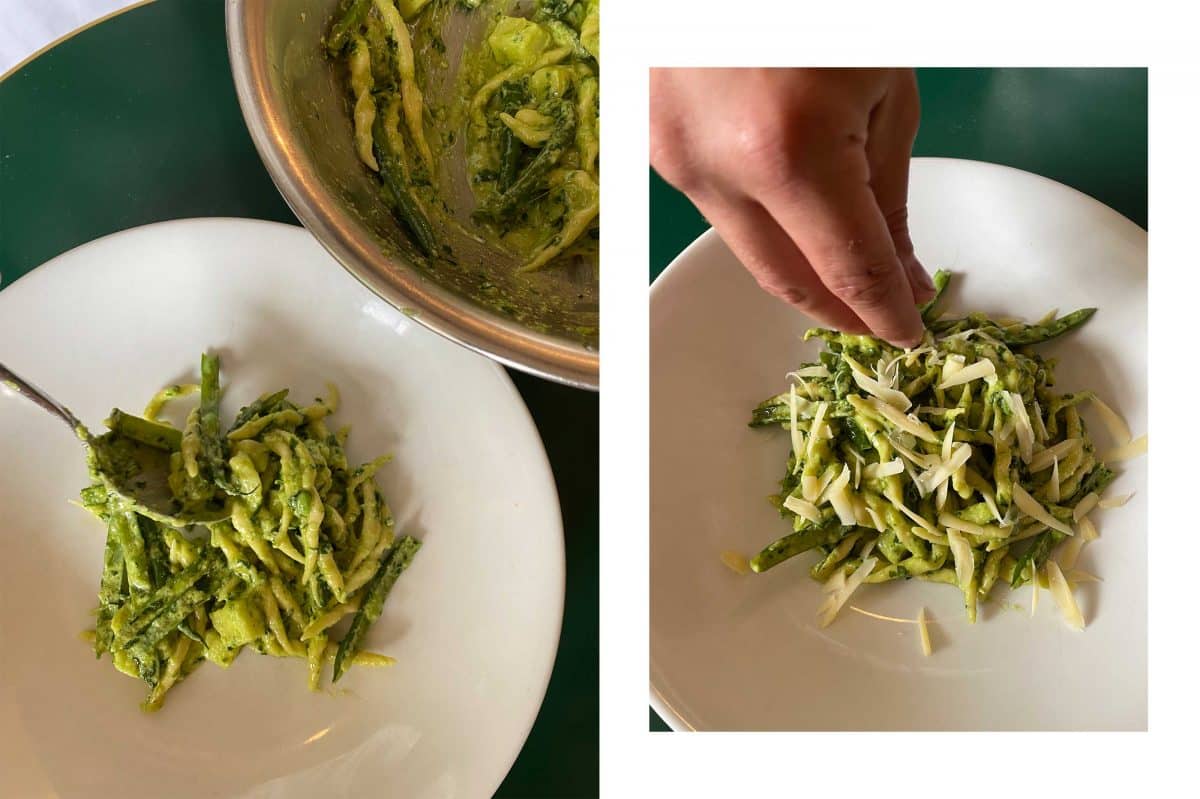
Considering the length of time we spend in our bodies, it's surprising how little some people know about the way they work. Every month our bodies go through a series of processes to help you conceive a child, and whether or not you want to have a baby, understanding the function and effects of our period can be a powerful tool - it can help you fall pregnant, increase pregnancy prevention or assist you to better discern what is happening with your body at any given moment throughout your cycle. Your period itself is just the first stage of a month-long cycle, and when your period stops of its own accord, it's usually a sign that something is up.
The stages of our cycle include:
Follicular stage
This stage starts from the first day that you bleed and continues until days 14-21 (depending on the length of your whole cycle). During this time, estrogen rises signals the uterine lining to start thickening in order to prepare for a baby. Your follicle stimulating hormone (FSH) also begins to rise, which stimulates the follicles (sacs of fluid containing eggs) to mature. During this time you may notice that your cervical mucus is thick and creamy.
Ovulation
The luteinising hormone surges, along with FSH and estrogen, to release the mature follicle (the egg). During ovulation you may find an increase in libido and overall mood, this is due to estrogen's relationships with serotonin and dopamine, or the hormones that make us happy and relaxed. Your cervical mucus will be a stretchy, egg white consistency (this is a key sign that you have ovulated). This mucus is made to act as a lubricant to help assist the sperm in getting to the egg.
Figuring out when you ovulate can be done by counting 14 days back from the first day of your next period. For example, if you are due to get your period on March 21, count back 14 days to March 7, which is approximately your ovulation date.
If you don't have regular periods you are not regularly ovulating. This may be due to your hormonal contraceptive, however other key reasons as to why you may not be ovulating are:
- Low carbohydrate diet
- Zinc deficiency
- Thyroid insufficiency
- Polycystic ovarian syndrome
- Coeliac disease
- High prolactin levels
If you are having irregular periods it's best to work with your trusted healthcare provider to figure out the exact cause and create an action plan tailored to your specific case.
Luteal phase
After ovulation we enter the luteal phase. This phase lasts anywhere between 10 - 16 days post-ovulation. During the luteal phase we form a temporary endocrine gland called the corpus luteum. This is made from the left over follicle tissue that our egg burst from during ovulation. The corpus luetemis is responsible for the production of the progesterone hormone. Progesterone rises after we ovulate which helps balance out the estrogen levels. This rise in progesterone acts as an anti-inflammatory and anti-depressant. It also helps boost energy, soothe sleep and builds bones and muscles.
Chloe Wilkinson is a practicing clinical naturopath at The Good Health Co. For further explanation of your cycle and its effects watch here.



